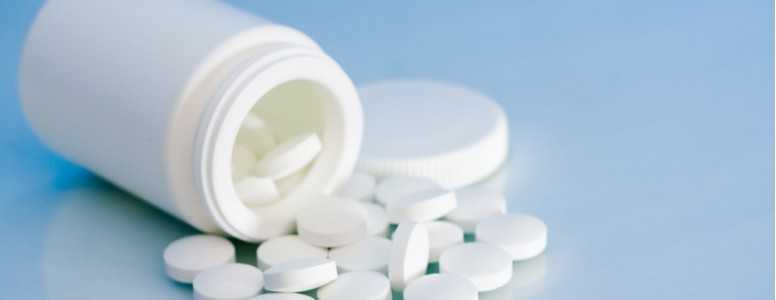Oral semaglutide, a tablet-based GLP-1 receptor agonist drug, has performed stronger in achieving weight loss and reduction in HbA1c than empagliflozin in a new trial.
The results come from the PIONEER 2 clinical trial. The trial compared two different drug treatments in people with type 2 diabetes on metformin that had HbA1c levels of 53 mmol/mol (7.0%) and above.
Oral semaglutide, marketed as Rybelsus, was recently approved for public use in the US by the Food and Drug Administration (FDA). Empagliflozin, marketed as Jardiance, is an SGLT2 inhibitor drug that was approved in the US in 2014.
For people in the UK, empagliflozin is available on the NHS, but the newer drug oral semaglutide is not.
The PIONEER 2 trial set out to measure the performance of the two drugs in reducing HbA1c and body weight. Participants were randomised to receive once-daily doses of either oral semaglutide (14mg dose) or empagliflozin (25mg dose).
Both groups took these medications in addition to metformin. There were around four hundred participants in each group that completed the trial.
Both treatments helped to reduce HbA1c but oral semaglutide demonstrated a stronger reduction. After 6 months, participants taking oral semaglutide reduced HbA1c by 15 mmol/mol (1.4%), compared to those taking empagliflozin which had an average reduction in HbA1c of 9 mmol/mol (0.9%).
After 6 months, participants in both treatment groups had a similar level of weight loss. After 12 months, participants taking oral semaglutide showed greater weight loss, of 4.7kg versus 3.8kg in those taking empagliflozin.
A greater number of participants in the semaglutide group (97%) completed the trial than those in the empagliflozin group (94%). Gastrointestinal adverse events were more common in the group taking oral semaglutide.
The findings are published online, ahead of print, by the Diabetes Care journal.





